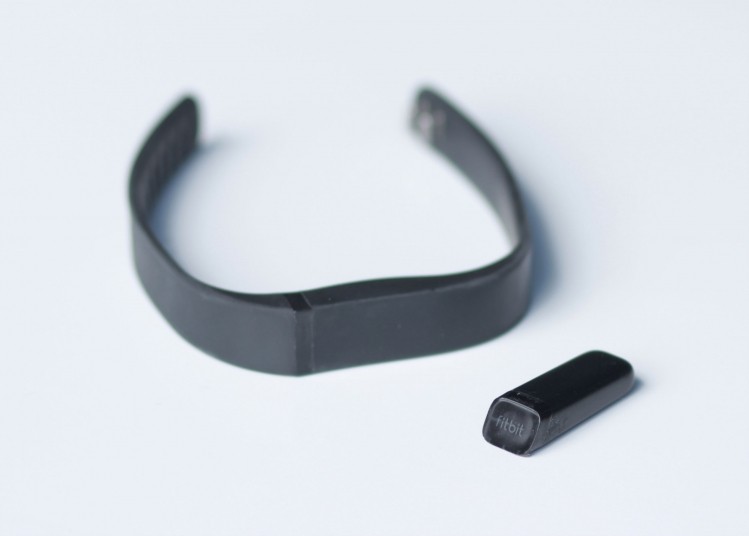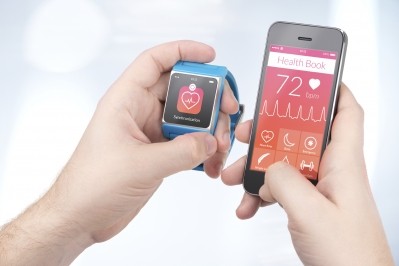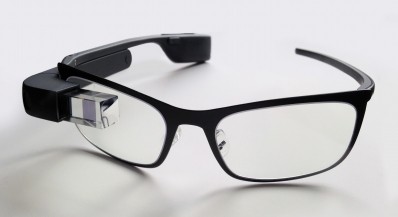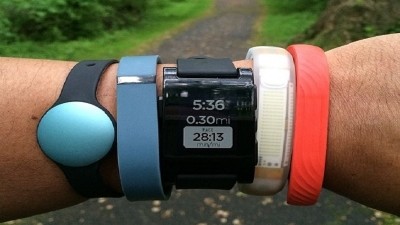FDA's wearables guidance could slow pharma adoption in short-term, says analyst

The draft guidance covers “general wellness” devices, defined as devices which maintain or encourage a general state of health or claim that they help to reduce the risk or impact of certain chronic diseases or conditions, including such apps as weight management, physical fitness and mental acuity.
But while this guidance is more focused on so-called low risk general wellness products (one example being a “mobile application [that] plays music to soothe and relax an individual and to manage stress”), there could be some implications for the pharma world.
The advent of mobile technology has not skipped pharma: Just this week Novartis teamed up with Qualcomm Life to use wearable technology in clinical trials, and GlaxoSmithKline recently partnered with Medidata over a cloud-based trial data tool.
Research Analyst with Juniper Research James Moar told this publication the new guidance is unlikely to affect companies like Qualcomm directly, as they only provide the platform to store the information generated by the devices, rather than the devices themselves.
However, “it will ultimately limit or segregate the market for platforms like [Qualcomm’s] 2net that are aiming to be explicitly medical in focus, as they will have to separate wellness data and specific health-related data, such as blood sugar levels for diabetics.”
He added this will hamper efforts to create unified electronic health records (EHRs), as they could feasibly contain both medical and wellness data, “but companies are aware that the revenues from building platforms explicitly for medical use will ultimately be very large.
“In the short term this will slow the adoption of wearables-generated data by pharma companies, as there is now specific limits on what types of information can have medical use.”
However, he continued, in the long run “it will give pharma companies an advantage over newer wearables-based players, as they are more familiar with the regulatory environment for medical usage, allowing them to pick technology partners they think will help their development into wearables, rather than having to defend against wearables-based competition.”















